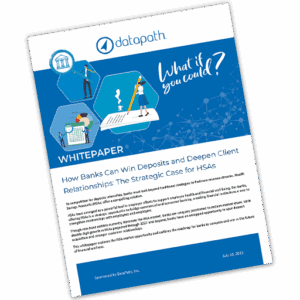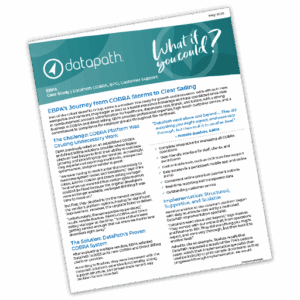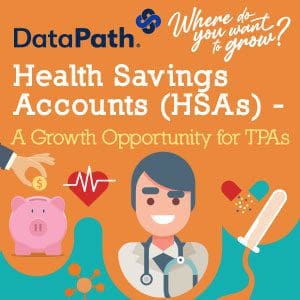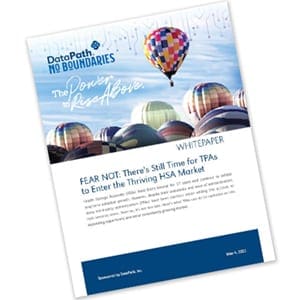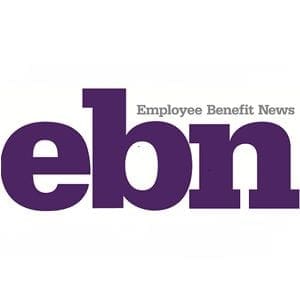WHITEPAPER: How Banks Can Win Deposits and Deepen Client Relationships: The Strategic Case for HSAs
Health Savings Accounts continue to grow in popularity, but most banks are missing out on capturing these valuable deposits.
As the consumer-directed benefits landscape evolves, banks must reassess their approach to growth by engaging employers and account holders.

